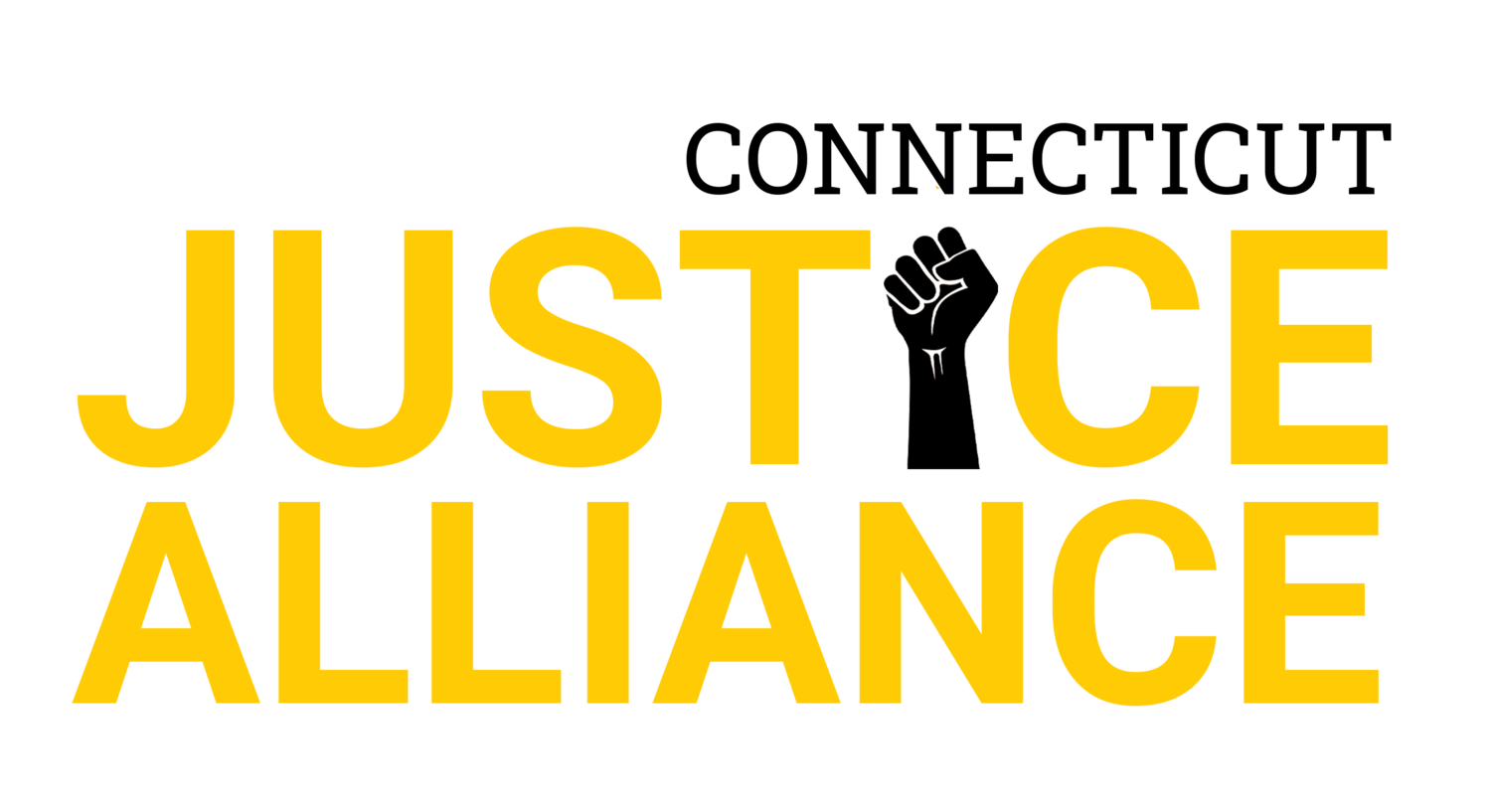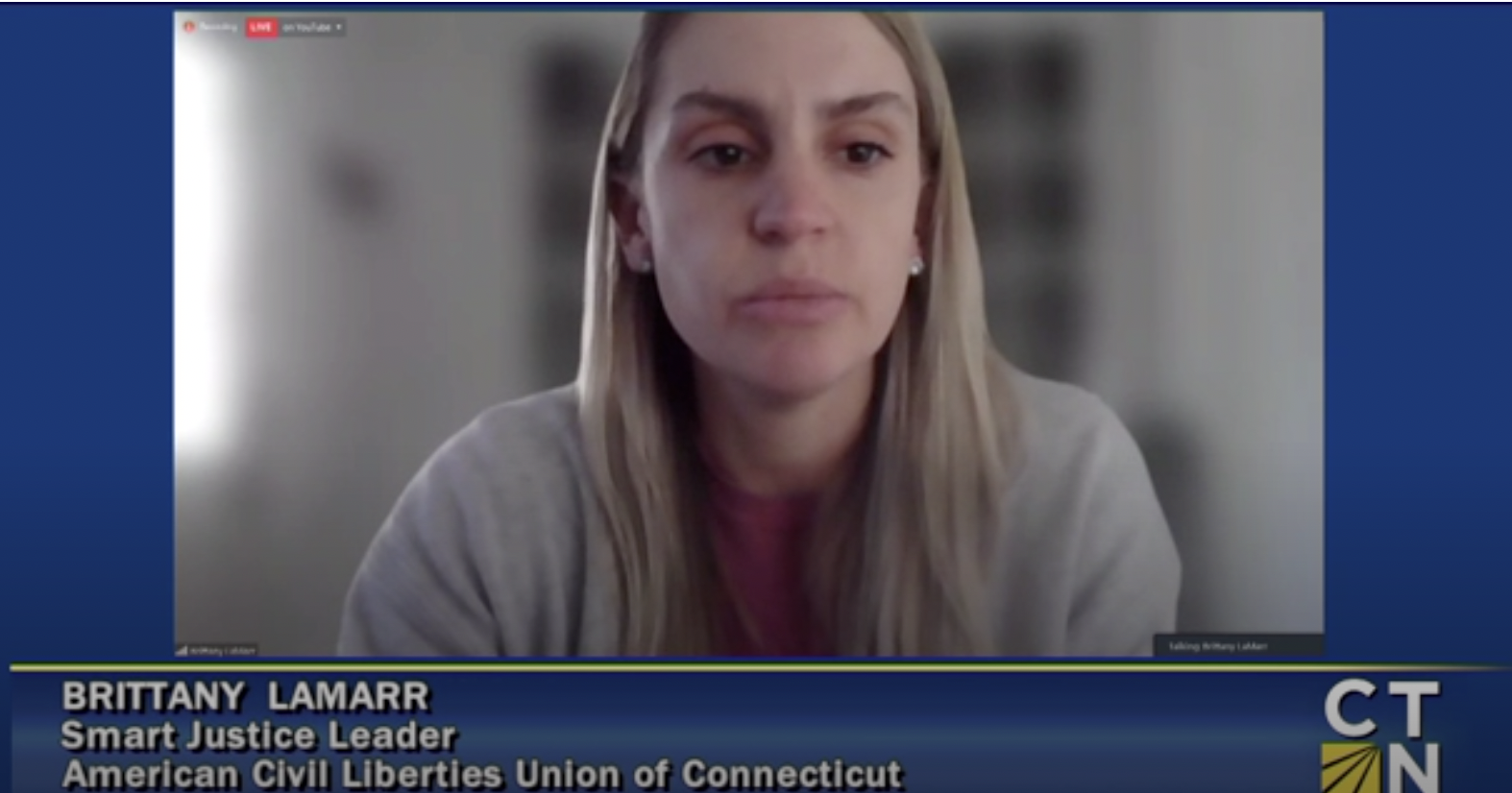CTJA’s Brittany LaMarr testifies before the state’s judiciary committee on bill SB 365
Dear Senator Winfield, Representative Stafstrom, and distinguished members of the Judiciary Committee:
My name is Brittany LaMarr and I am a Justice Advisor with the Connecticut Justice Alliance (CTJA). I am writing this testimony to communicate my opposition for S.B. 365. The CTJA is a statewide youth-adult partnership working to end the criminalization of youth. The Alliance includes Justice Staff, Justice Advisors, and Steering Committee members, which includes lawyers, researchers, clinicians, and social workers, who work across issues areas such as mental/behavioral health, family advocacy, substance abuse, youth services, LGBTQ+ issues, legal representation, education, community and residential services, and public policy reform.
SB 365 with the intention of highlighting the need for public safety lacks constructive, effective, restorative, and rehabilitative practices that would ensure long term success and safety of the community. GPS monitoring for young people who are released for a delinquency offense, but have yet to be adjudicated delinquent until their case is disposed of, is an ineffective response to youth crime and it is costly. GPS monitoring does not address the issues of children who have come in contact with the system; rather it creates an additional opportunity for young people to fail as they continue to navigate the same community, situations, and hardships.
When a young person commits a delinquency offense there should be an intensive holistic approach to target interventions that would enable successful changes in their life. For instance, connecting them to a credible messenger, job opportunities, economic securities, and nonprofits that will help any underlying root issues that the young person is facing. It is possible that if we spent the money it would cost on a GPS device to pay for the individual to go to driving school, get their license, pay for college applications, school tutors, food, rent, and or transportation, that maybe that young person would leave their encounter with the system with more opportunity for success rather than increased opportunity for failure.
I write in opposition to SB 365 because it doesn’t target interventions that inhabit a young person’s success. GPS monitoring is not the most effective use of funds. It essentially kicks the can down the road. Why not spend that money on targeted interventions that may lead to a young person becoming a successful and contributing member of society?

